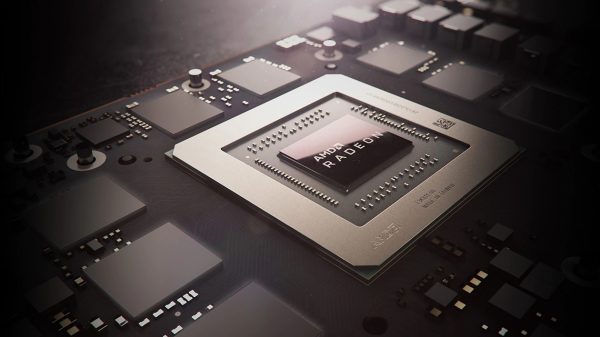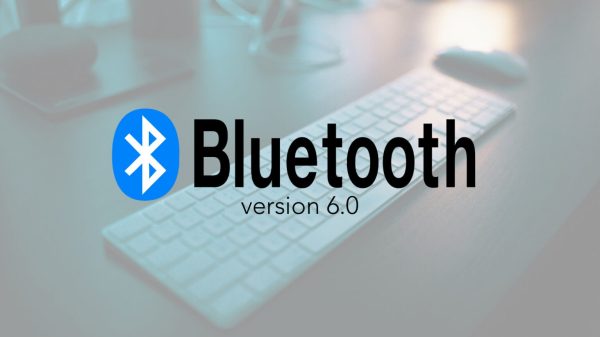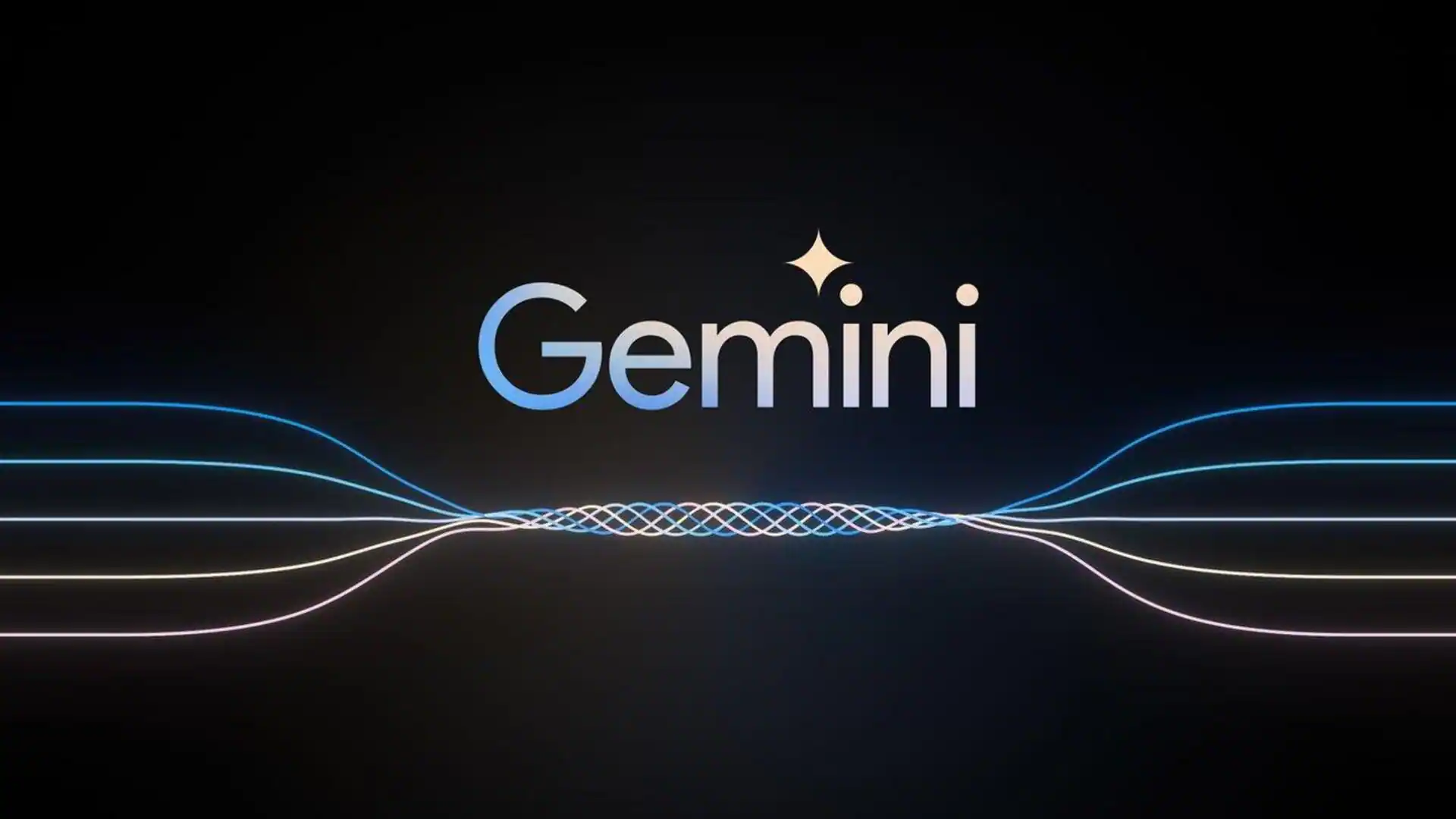Google’s flagship generative AI models, Gemini 1.5 Pro and 1.5 Flash, have been promoted for their ability to process and analyze large amounts of data. Google claims that these models can perform tasks previously considered impossible, such as summarizing extensive documents and searching through film footage.
However, recent research challenges these claims, indicating that the models may not be as effective as advertised in handling large datasets.
Two separate studies examined the performance of Google’s Gemini models in making sense of extensive data, akin to the length of “War and Peace.”
These studies found that the models often failed to answer questions accurately about large datasets, with correct responses occurring only 40%-50% of the time. This suggests a significant gap between the models’ advertised capabilities and their actual performance in understanding content.

Google’s Gemini AI Models Struggle with Large Data, Studies Show
The concept of a model’s “context window” is central to this issue. A context window refers to the input data a model considers before generating output. While Google’s latest Gemini versions can process up to 2 million tokens, equivalent to 1.4 million words or two hours of video, practical tests show that the models struggle with tasks requiring comprehensive understanding.
Despite impressive demos, real-world tests reveal shortcomings in the models’ ability to comprehend and reason through large amounts of data.
In one study, researchers tested the models with true/false statements about recent fiction books, ensuring the models couldn’t rely on prior knowledge.
The results showed Gemini 1.5 Pro answered correctly 46.7% of the time, while Flash managed only 20%. These outcomes were significantly below what would be expected if the models understood the entire context of the books, highlighting their limitations in processing long documents effectively.
A second study focused on Gemini 1.5 Flash’s ability to reason over videos by asking it to answer questions about images in slideshow-like footage. The model’s performance was underwhelming, correctly transcribing around 50% of six-digit sequences and only 30% of eight-digit sequences.
This further underscores the challenges these models face in handling complex reasoning tasks over large datasets, whether text or visual content.
While the studies are not yet peer-reviewed and tested earlier versions of the models, they contribute to the growing sentiment that Google may be overpromising and under-delivering with Gemini. Despite Google’s emphasis on the models’ extensive context windows, the practical utility remains questionable.
The research community stresses the need for better benchmarks and independent evaluations to accurately assess the capabilities of generative AI, highlighting a broader skepticism about the technology’s current limitations and the hype surrounding its potential.









































